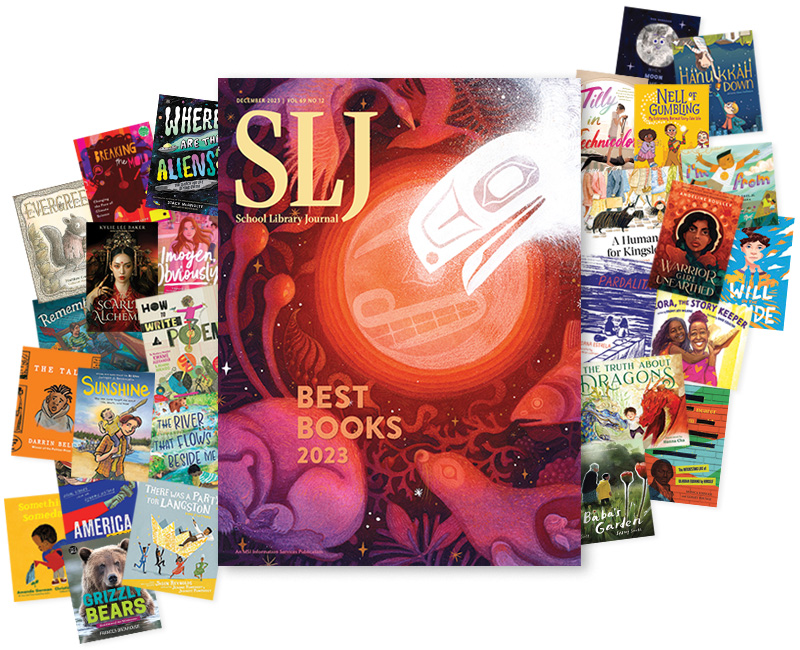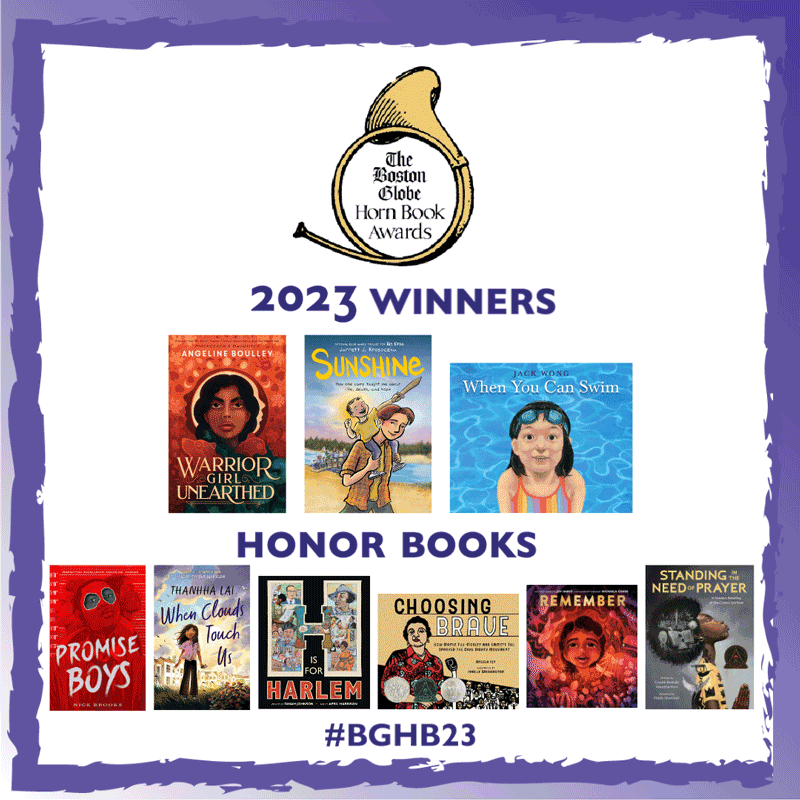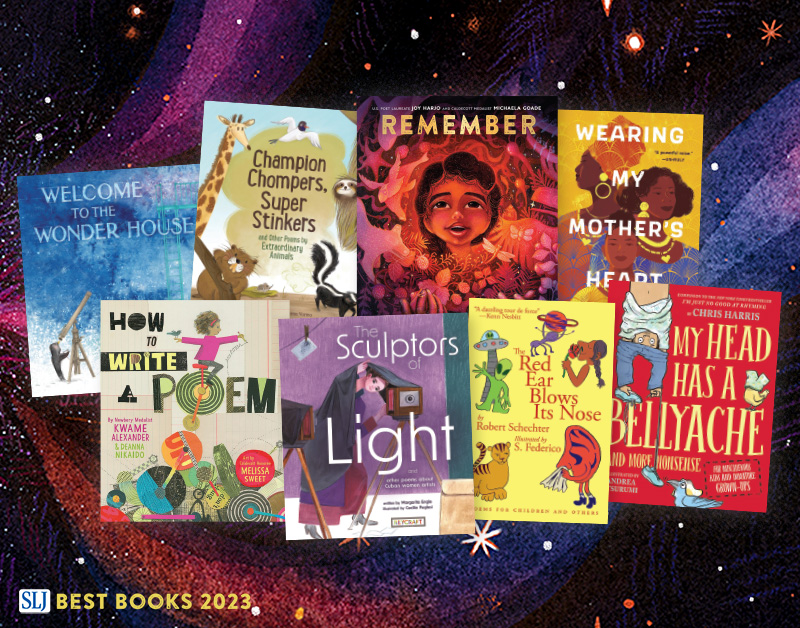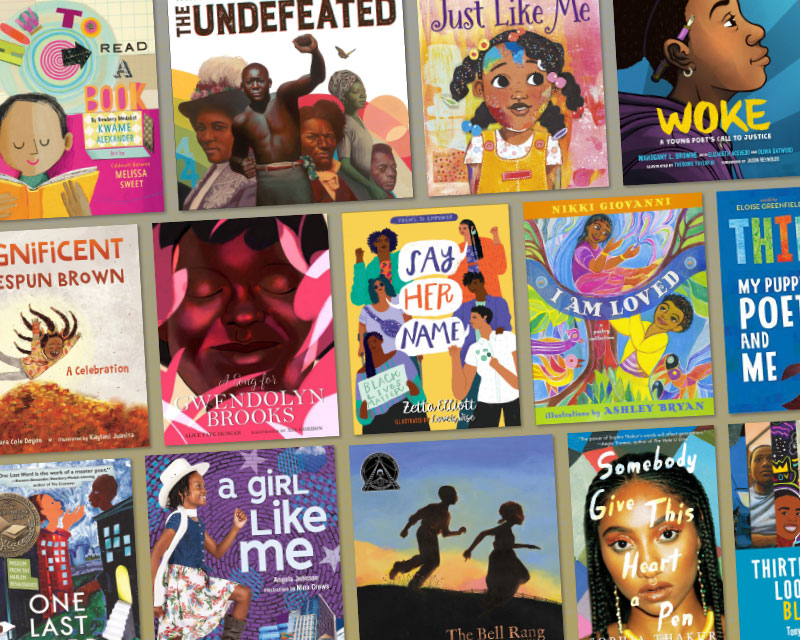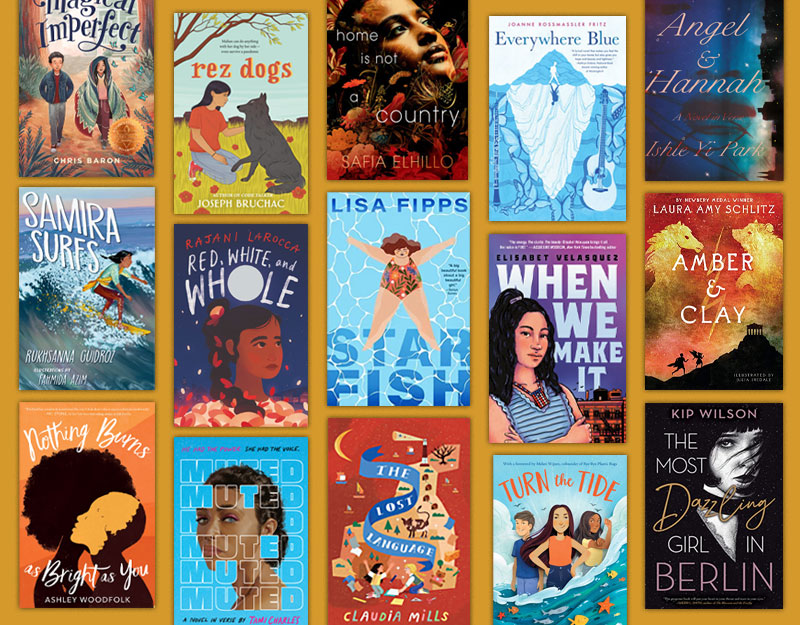Coretta Scott King Author Award Winner: P.S. Be Eleven
Written by Rita Williams-Garcia
- Delphine in the Future. Who does Delphine grow up to be? What are her teenage years in the early 1970s like? Have your students research the early-to-mid 1970s politically and socially, and write stories about Delphine as a young woman a decade later, in the autumn of 1978, at age 22. Some students may choose to write about Vonette or Fern’s futures instead.
- Roles and Clothes. What is acceptable clothing for men and women, girls and boys? How do clothes convey a sense of identity and power? In 1968, Big Ma would not allow Delphine to wear pants to school; Mrs. could wear a pantsuit to church, but only if she wore a hat. What is appropriate to wear to school today? To church, synagogue, or mosque? Have your students interview other students at your school, as well as teachers, parents, guardians, grandparents, and community members about what they wore to school at different times in their lives. How have things changed? How have they stayed the same? What do the clothes that students wear to school now say about them? About school?
- Miss Merriam Webster? Delphine feels devastated when she finds out that there is no “Miss Merriam Webster,” and that the Merriam-Webster dictionary was written over time by Noah Webster and the Merriam brothers. Why was Delphine so upset about this? Have your students discuss in writing or in small groups a time when they discovered that a long-held belief was incorrect. Why was the mistaken belief important to them? How did they feel when they knew they were wrong? Connect their personal experiences to Delphine’s. What was she really sad about? Why was “Miss Merriam Webster” so important to her? What did “she” represent to Delphine?
- Writing Letters. Delphine and her sisters write to their mother using what we now call “snail mail.” In 1968, e-mails did not exist; cell phones did not exist; long distance phone calls were expensive. In an age of instant communication, your students can write back and forth with one another immediately. But what might be some of the benefits of sending letters via “snail mail?” What might be the value of waiting, and not responding to someone instantly? While you and your students are reading this novel (aloud, as a whole class, or in small groups), have each student commit to sending at least one letter via “snail mail,” just to see what might happen. Or, working with another teacher in another district, have the whole class adopt another class as pen pals, and send the letters back and forth courtesy of the school. What develops? How is writing a letter for post different than writing a letter via email or a message via Facebook? As part of this exploration, you might want to look at the actual correspondence between two people from history, drawn from historical archives. You might want to find correspondence between people who were famous in 1968, the year in which the novel is set, or compare and contrast correspondence from different time periods, to create a “personal letter” genre study.
- Male vs Female Teachers. Delphine is disappointed to discover that she won’t have the beloved Miss Honeywell, who once challenged authority by wearing a pink pantsuit to school, as a sixth grade teacher. Instead, she has Mr. Mwila. She didn’t expect a male teacher until junior high school, when they were needed “for classrooms with rough and rowdy boys who needed a firm hand to keep them in line” (p. 98). Why are there so few male elementary teachers? Why so many female elementary teachers? Why might they be important before middle and high school? Research this topic with your students, and have them write up their results and make recommendations to your local school board on whether or not your school community may need more male teachers.
- The Phenomena of the Jackson Five. Your students may know about Michael Jackson as a pop star, and may even be familiar with some of his more famous songs (and his infamous death). But why was the Jackson Five such a sensation in 1968? Play some of their songs and You Tube clips of their performances, and have students research the role of the Jackson Five in American Pop Culture overall in the late 1960s and early 1970s. How does their research shed light on the novel? How does their research help explain what a big deal the Jackson Five were to Delphine, her sisters, and their classmates? Are there any young stars today that are comparable? What new boundaries are yet to be broken by pop music and musicians?
- Duet Model. Using the Duet model outlined in our Teaching withText Sets entry, have some students in class read P.S. Be Eleven and some read Peace, Locomotion by Jacqueline Woodson. Both are sequels to first novels, and poetry plays an important role in each. Both feature an African-American family. Both also feature a family member newly returned from war. In Peace, Locomotion, it is the war in Iraq in the mid-2000s. Have students make comparisons and contrasts between the two books. What does the novel reveal about each character’s experience as a soldier? What has happened to him? How does the family respond to the changes? What support networks exist for the solider upon his return and reintegration into family life?
- Identity and Advocacy. In One Crazy Summer, Delphine and her sisters attend a Black Panther Summer Camp in Oakland, California. For the first time, the girls are introduced to a code of conduct and behavior that contradicts what Big Ma, their Southern grandmother, born and raised in Alabama, has always taught them. Immediately, upon their arrival back in New York, the girls are caught between how they were empowered to act in Oakland and their grandmother’s expectations to be seen, and not heard, in a white world. Explore these dynamics with your students. How was Big Ma’s outlook on the world shaped by her experiences in the American South? Was it merely a matter of survival? To what extent might it represent strength? How was it also outdated in 1968, in deference to a racist society? Compare and contrast Big Ma’s outlook with those of the Black Panthers. You could have students read both books, and compare and contrast the outlook of Big Ma and the Black Panthers in each. Or, you could read excerpts from the first book, to provide a foundation for the contrast Delphine and her sisters experience upon returning home.
Digital Resources
Filed under: Awards, Historical Fiction, Novels
About Mary Ann Cappiello
Mary Ann is a professor of language and literacy at Lesley University. A former public school language arts and humanities teacher, she is a passionate advocate for and commentator on children’s books. Mary Ann is the co-author of Teaching with Text Sets (2013) and Teaching to Complexity (2015) and Text Sets in Action: Pathways Through Content Area Literacy (Stenhouse, 2021). She has been a guest on public radio and a consultant to public television. From 2015-2018, Mary Ann was a member of the National Council of Teachers of English's Orbis Pictus Award for Outstanding Nonfiction (K-8) Committee, serving two years as chair.
ADVERTISEMENT
ADVERTISEMENT
SLJ Blog Network
Name That LEGO Book Cover! (#53)
Cover Reveal and Q&A: The One and Only Googoosh with Azadeh Westergaard
K is in Trouble | Review
Fighting Public School Book Bans with the Civil Rights Act
ADVERTISEMENT



